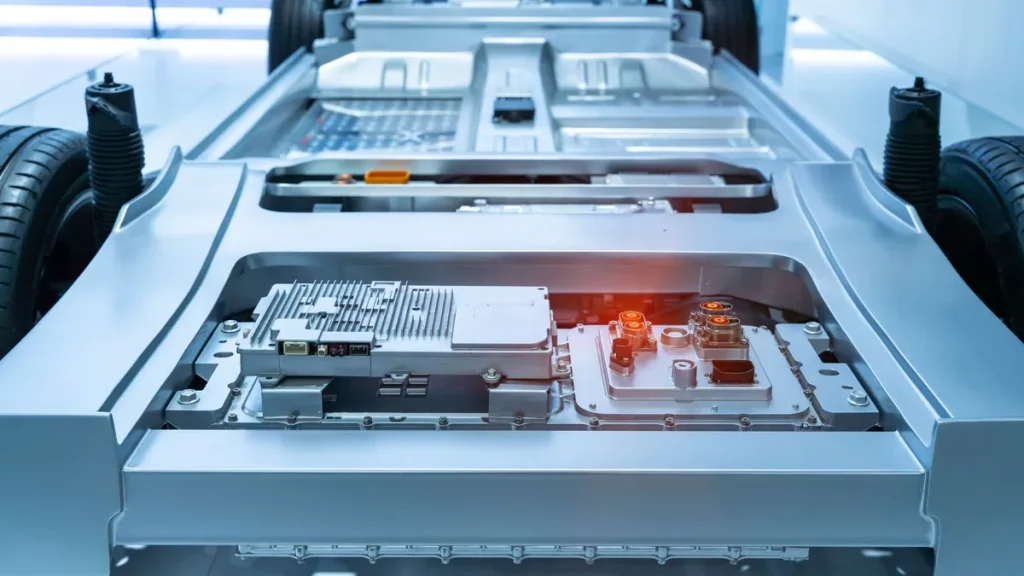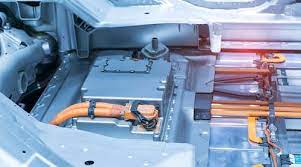Swiss Startup Morand is the pioneer to develop new innovative battery technology. Smart technology helps charge electric vehicle batteries in less time.
The art technology can charge electric cars in just 72 Seconds. The new technology works on a hybrid system that uses technology from traditional batteries and ultra capacitors.
Novel Hybrid Battery Technology
The technology takes average time it takes an ICE vehicle to fill up the tank is two minutes, according to the American Petroleum Institute.
Hence, it is an advanced technology that helps to save the time and energy of an individual. Moreover, it could be one of the great forces of EV adoption.
According to Morand, the etechnology also offers much longer lifespans than the lithium-ion batteries traditionally used in EVs.
Benoit Morand, F1 driver, and team manager of Morand was the one who took an initiative in developing the Hope Racing Oreco 01 Hybrid. The very first hybrid prototype started 24 hours after Le Man’s almost ten years ago. The objective of the company is to incorporate energy technologies developed for motor racing. The company wanted to invent a technology that will help in the energy transition.
Initially, the prototype was able to recharge to 80% in just 72 Seconds, 98% in 120 seconds, and 100% in just 2.5 minutes at Upto 900 A/360 kW. Additionally, the best part was that Geo technology performed independent testing.
Charges e-bikes And Smaller Vehicles In Very Few Seconds/Minutes
According to Morand, it is best suitable for small city cars such as the Citroen Ami, which has a 5.5-kWh battery pack. It won’t apply to 100 kWh+ battery packs used in the world’s longest-range EVs. Moreover, the technology is also helpful for drones and e-bikes that need the fastest turnarounds enabled by fast charging.
Morand states that an e-bike with a capacity of 6Ah battery can recharge in 6 minutes at a lower rate of 3.2 kW. That will surely help to boost e- bike adoption. It reduces the resilience of buying spare batteries and makes e-bikes a more viable option for many people.
On the other hand, the etechnology has been tested several times around 50,000 cycles to ensure the potential to retain power, according to Morand. Moreover, he added that it has more power to charge/discharge cycles than a traditional lithium-ion battery. The company also states that the technology works efficiently even in extreme temperatures, which is indeed not the case for conventional EV batteries.
Alas, the firm is in collaboration working with a firm to bring its technology to the market. However, it is expected to be more expensive than lithium-ion battery technology.
Moreover, Morand aims to scale production to cut down the cost of its potentially game-changing hybrid technology.
Read more:






 China’s J-15 Carrier Jet Is Powered By Domestic Engines
China’s J-15 Carrier Jet Is Powered By Domestic Engines